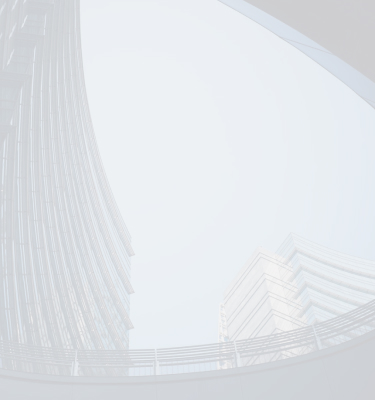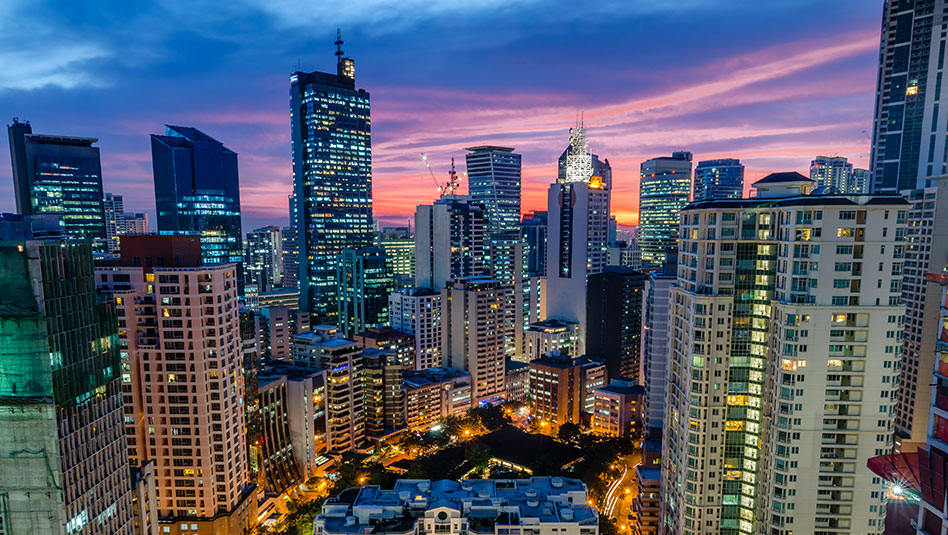Bond: WOORIB 4.875 28
Access this content:
If you are an existing investor, log in first to your Metrobank Wealth Manager account.
If you wish to start your wealth journey with us, click the “How To Sign Up” button.

Fundamental View
AS OF 06 May 2025Woori FG’s performance record had been less consistent than some of its more commercially focused peers but improved in FY21-22. Its FY23 performance lagged behind its peers, affected by not only the kitchen sinking provisioning exercise but also uniquely amongst the FGs, taking a hit on its other non-interest income. It posted peer-leading profit growth in FY24, partially thanks to not having the ELS compensation issue which hit the other three FGs in 1Q24, but 1Q25 performance was softer due to the same reason.
Asset quality used to be a strength with the lowest NPL ratios and credit costs among the four FGs but has deteriorated since 2Q23, and we no longer see a gap with the other FGs.
Capital standing is a relative weakness with the CET 1 ratio at 12.4% compared to above 13% at peers.
Business Description
AS OF 06 May 2025- Woori's predecessor banks were rescued by the Korea Deposit Insurance Corporation (KDIC) following the 1997 Asian Financial Crisis.
- Woori Bank is one of Korea's 'Big Four' commercial banks. It previously owned two regional banks, Kwangju and Kyongnam, but these were spun off in 2014. Woori also sold its stake in Woori Investment Securities and its savings bank and life insurance arms to NH Financial Group.
- Woori set up a HoldCo (Woori FG) in January 2019 to expand into more diversified business lines, particularly investment banking. It used to have a HoldCo, but it was dissolved in 2014 when it was merged with Woori Bank.
- Its main subsidiaries are 100%-owned Woori Card, Woori Financial Capital (auto leasing), Woori Investment Bank and 72.3%-owned Woori Asset Trust. In August 2024, the group relaunched securities business by acquiring Korea Foss Securities and merging it with Woori Investment. The group has also obtained conditional approval to take over Tongyang Life Insurance and ABL Life Insurance.
Risk & Catalysts
AS OF 06 May 2025Woori FG was for many years majority-owned by the Korean government via the Deposit Insurance Corporation (KDIC), but KDIC has steadily been selling down its shareholding, and Woori purchased and cancelled the remaining shares in 2024. That said, Woori FG remains a large, systemically important bank with strong potential government backing if needed.
Woori FG is less diversified than its peers, with most of its earnings coming from the bank and small contributions from the card and leasing businesses. The group has accelerated its M&A pace this year, relaunching securities business and in the process of acquiring insurance targets.
Its CET 1 ratio is ~1% behind the other three FGs. Management plans to improve it to 12.5% by 2025-year end and 13% in the mid-long term.
Key Metric
AS OF 06 May 2025| KRW bn | FY21 | FY22 | FY23 | FY24 | 1Q25 |
|---|---|---|---|---|---|
| Pre-Provision Profit ROA | 0.99% | 1.15% | 1.10% | 1.17% | 0.99% |
| ROA | 0.66% | 0.70% | 0.54% | 0.61% | 0.49% |
| ROE | 10.6% | 11.5% | 8.3% | 9.3% | 7.3% |
| Provisions/Loans | 0.17% | 0.26% | 0.53% | 0.45% | 0.45% |
| NPL Ratio | 0.30% | 0.31% | 0.35% | 0.57% | 0.69% |
| Woori Bank CET1 Ratio | 13.0% | 12.7% | 13.2% | 13.1% | 13.5% |
| Equity/Assets | 6.45% | 6.58% | 6.71% | 6.83% | 6.67% |
| Net Interest Margin Bank + Card | 1.62% | 1.84% | 1.82% | 1.70% | 1.70% |
CreditSight View Comment
AS OF 28 Apr 2025Woori FG was for some years the weakest of Korea’s Big 4 Financial Groups with a less consistent track record of managing risk and returns. Operating performance had shown an improvement for the past few years but disappointed in FY23. FY24 results were peer-leading, mainly supported by non-interest income. The group has been seeking opportunities to expand its non-bank businesses. Its new securities entity launched in August 2024 and the group is finalizing a deal to acquire two insurer. The capital impact of the two transactions is small. Both the group and the bank CET1 ratios are behind peers. KDIC’s stake in the group has been completely sold. We have a Market perform recommendation but see the trading levels of its AT1 NC07/29 as attractive.
Recommendation Reviewed: April 28, 2025
Recommendation Changed: April 24, 2017
Who We Recommend
Sultanate of Oman

Korea Electric Power Corp.

Korea Gas Corp.










 DOWNLOAD
DOWNLOAD



